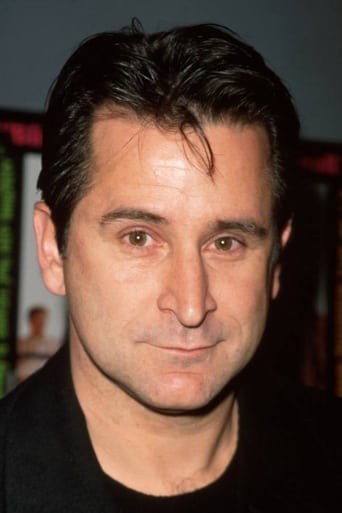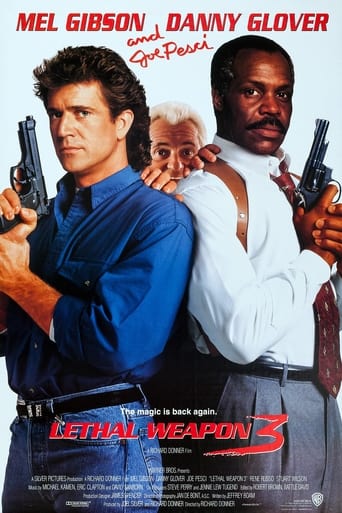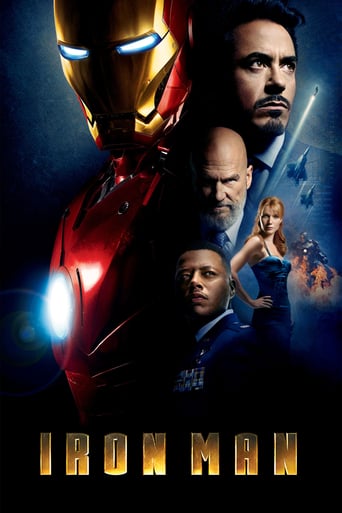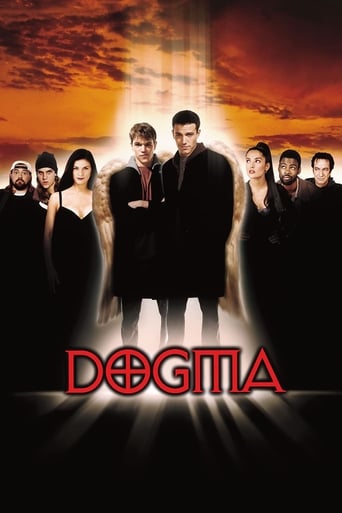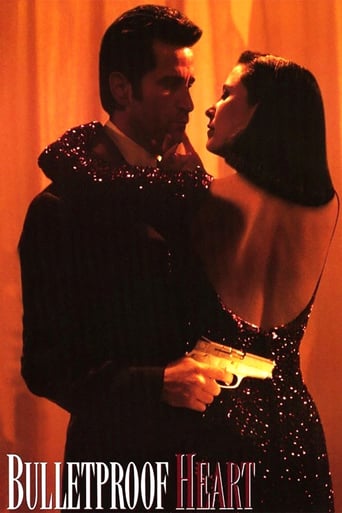

Killer (1994)
Cynical hit man Mick is tiring of his job and asks his boss George for time off. However, George gives him the assignment of his life, prompting Mick's soul-searching to reach new heights. Mick is asked to kill sultry Fiona, who owes George money and claims she wants to die. But as Mick spends time with her, he finds himself falling for her.
Watch Trailer
Cast
Similar titles
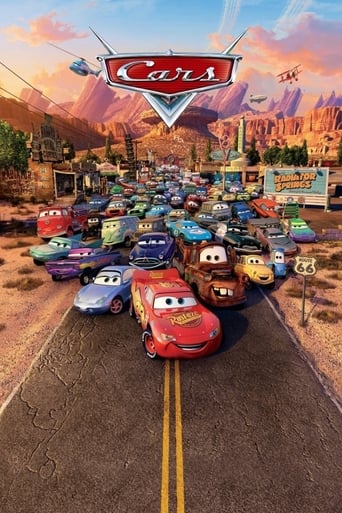
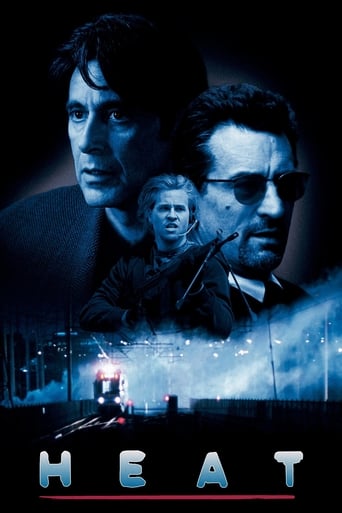

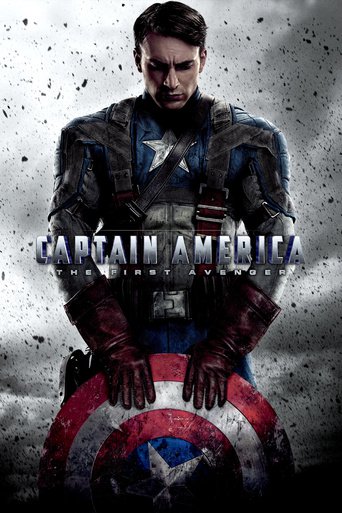
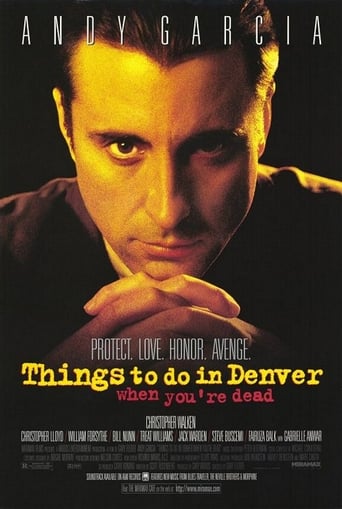
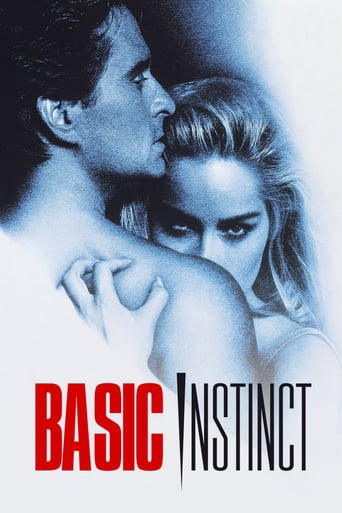
Reviews
Great Film overall
Awesome Movie
It's complicated... I really like the directing, acting and writing but, there are issues with the way it's shot that I just can't deny. As much as I love the storytelling and the fantastic performance but, there are also certain scenes that didn't need to exist.
By the time the dramatic fireworks start popping off, each one feels earned.
I first saw this film many years ago when it came out on video. Having just recently bought a copy it proved fascinating to watch it again after so long. The set piece I remembered in most detail was of the two protagonists seated facing each other in an empty warehouse.The emotional charge in the scene is ferocious. The film is a curious work, mixing almost Steve Martin comedy with high gangster genre "Carlito's Way" style drama. I'm not sure if the screenwriter and the director between them completely pull off this trick. Personally I would have preferred it if the comedic element had been dropped. The film concerns an extremely efficient though extremely jaded hit-man called Mick (played by Anthony LaPaglia). He has unemotionally killed so many people that it seems as if violent death and sex, as it were the agony and the ecstasy, for him have merged. (Early in the film he is shown lying semi-naked in bed, and as the prologue to having intercourse he is receiving a somewhat intimate massage from a masseuse/prostitute. As she straddles him he is shown contemplating stabbing her with a pair of scissors.)When he goes to dispatch his latest kill Fiona (Mimi Rogers) only to find that she is positively waiting to be killed he is totally thrown. In her seduction of him he becomes the apparent willing victim, being both tied by the wrists to the bedhead and thrashed across the face; as things climax so to speak he manages to break free. This appears to be his epiphany,the awaking of deeply repressed feelings of love and compassion within him. At this juncture I feel compelled to indicate that in English seventeenth-century love poetry words such as "Kill" and "Come" were interchangeable, and I did wonder if the allusion here was intentional. It seemed so in respect of the ending of the movie. Unfortunately this means that the viewer must plod through all the credits in order to see the denouement. This is ultimately a very sad film as one is left with the impression that Mick is now a completely broken man. He had briefly found love only to lose it again. The only difference being that now he knows exactly what he has lost. As a little aside I must add here that I have never seen anyone either in movies or television drama who cries more convincingly or affectingly than Anthony LaPaglia. The acting of both Mr LaPaglia and Miss Rogers is faultless throughout. The film does have its weaknesses as I have hinted at, but overall is a different and interesting slant on the old gangster/hit-man type story.
Hitman Mick is approached by small time mobster George to do a rush job that night on a woman (Fiona) who has stolen a lot of money from various people. However when Mick arrives he finds that she is not only expecting him but is ready to be killed. Mick is enticed by her and starts to get to know her falling under her mysterious spell and eventually finding what he feels is love in his otherwise dead world. However the time must come.This film is very stylish. It begins with a `hit' that is slow and quiet while `love is all around' plays in the background. This style stays with the whole film as it manages to feel both stagy but also be a cool and slick piece of film. The problem is that this style isn't fully carried into the plot or the characters. While the story of a hitman falling for his victim or finding love isn't new I still want something more than the usual.This is too straight forward and expects us to make huge leaps way too quickly in the film. The slick direction almost helps to conceal this but not quite. The lack of character development in the two lead roles also weakens the film. LaPaglia can stare into the distance and act detached all he wants but his sudden fall into love is not easy to swallow at any point. He almost manages to hide this by `looking deep and lost' but not totally. Rogers swings from bubbly to scared to ready every 5 minutes and we never get to go beneath the surface with her. Boyle is OK if only because his performance brings the strengths out in his role without exposing the weaknesses.Overall a stylish directing job and several really nice touches do not a great film make. The weakness in plot and character are evident from 15 minutes in ans stay there for the rest of the film. It's a shame a better developed script and characters would have made this a much better film. Good but flawed.
Lapaglia is tremendous as the icy hitman who not only thaws from the heat of passion, but burns to a cinder in the process! Mimi Rogers is good as the object of his obsession. This modern noir film should not be missed. Lapaglia stunning performance runs the gambit of emotion and melts the screen!Don't miss it!
How this sensational first feature failed to become a massive critical hit I am at a loss to understand. With just a few characters and a rudimentary plot, Mark Malone has fashioned a stare into the soul as bleak and uncompromising as anything since Last Tango in Paris. Lapaglia and Mimi Rogers make a heart-stopping duo thrust into a situation so replete with irony that it is almost Shakespearean. And to continue the theatrical reference, Malone uses Brechtian chapter titles to distance the audience and make the whole tragedy bearable. Finally under no circumstances should audiences miss the post-credit sequence (at the end) which perfects a classic circular structure and monumentalises the work. 'Nuf said!
